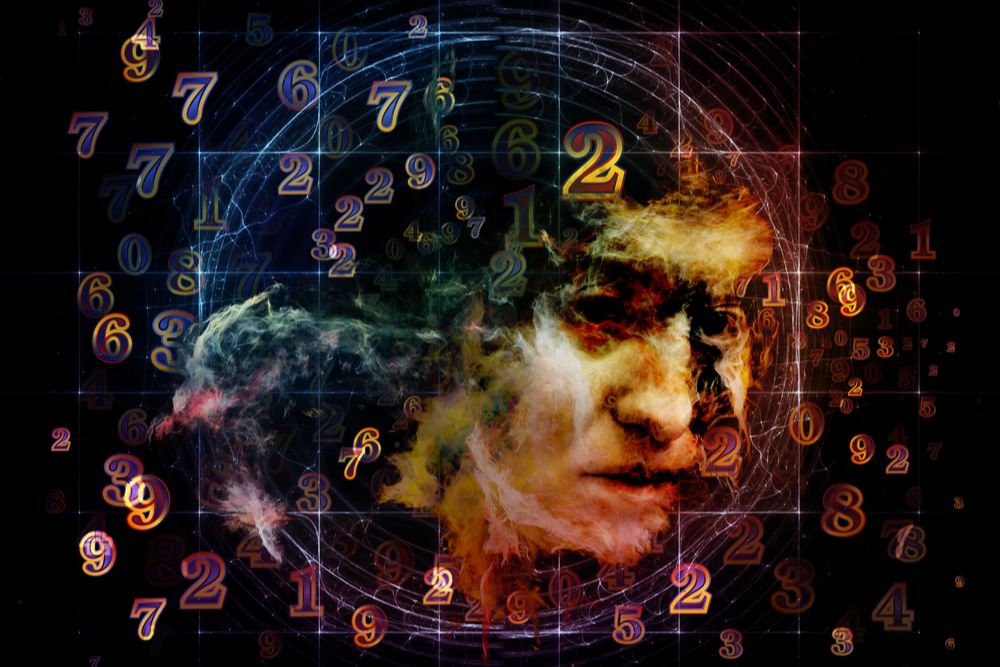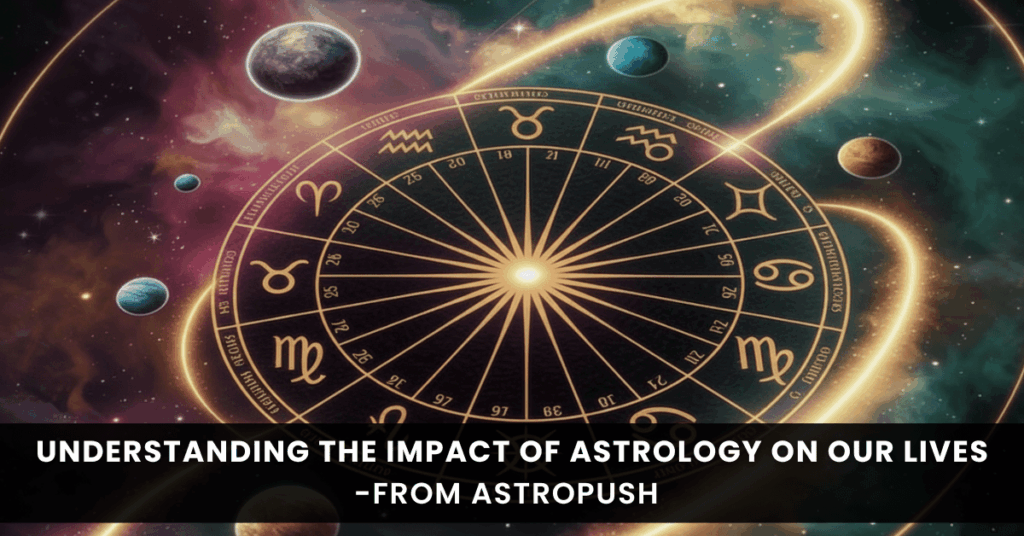In Hinduism, understanding the 7 Deadly Sins in Hinduism Leading Towards Karmic Payback is crucial for navigating the complexities of karma. These sins represent significant moral failings that disrupt the natural balance of one’s life and lead to karmic repercussions. The concept of karma, which denotes the law of cause and effect, implies that every action—good or bad—returns to the individual, influencing their future experiences. By examining these 7 Deadly Sins, individuals can better comprehend how their actions affect their spiritual journey and seek to align their behaviors with positive karmic outcomes.
7 Deadly Sins in Hinduism Leading Towards Karmic Payback
1. Kama (Lust)
Among the 7 Deadly Sins, Kama or lust is a powerful force that, when uncontrolled, can lead to severe karmic consequences. In Hindu philosophy, lust is viewed as a disruptive force that clouds judgment and leads to unethical behavior. Lust-driven actions such as infidelity and exploitation are not only harmful to others but also create negative karmic imprints. These actions contribute to the accumulation of negative karma, affecting one’s future experiences. By recognizing lust as one of the 7 Deadly Sins and striving to manage desires responsibly, individuals can avoid these detrimental karmic effects.
2. Krodha (Anger)
Krodha, or anger, is another prominent sin among the 7 Deadly Sins that can lead to significant karmic payback. Anger often results in destructive behavior that harms relationships and disrupts peace. In Hindu teachings, uncontrolled anger clouds rational thought and leads to actions that negatively impact both oneself and others. This can result in a cycle of suffering and misfortune as part of one’s karmic journey. Recognizing anger as one of the 7 Deadly Sins and working towards controlling it through mindfulness and compassion can help mitigate its adverse karmic effects.
3. Lobha (Greed)
Lobha, or greed, is a key component of the 7 Deadly Sins that impedes spiritual growth and leads to negative karma. Greed for material wealth and possessions can drive individuals to engage in unethical practices such as corruption and theft. These actions not only harm others but also create significant karmic debts. Greed’s impact on one’s life is profound, leading to a cycle of dissatisfaction and additional negative karma. By addressing greed as one of the 7 Deadly Sins and fostering contentment and generosity, individuals can work towards positive karmic outcomes.
Also Read – 16 Somvar Vrat Katha: Unlocking Divine Blessings on Your Spiritual Journey
4. Moha (Attachment)
Moha, or attachment, is another of the 7 Deadly Sins that leads to karmic repercussions. Excessive attachment to people, objects, or desires blinds individuals to the impermanence of the material world and causes suffering when these attachments are lost. This emotional attachment can lead to harmful actions and create negative karma. By understanding attachment as one of the 7 Deadly Sins and practicing detachment, individuals can align more closely with spiritual truths and reduce the negative impact of their actions on their karmic path.
5. Mada (Pride)
Mada, or pride, represents a significant sin among the 7 Deadly Sins and has notable karmic consequences. Pride, characterized by an inflated sense of self-importance and superiority, can lead to arrogance and a lack of empathy. Such behavior disrupts relationships and causes harm, resulting in negative karma. Pride prevents spiritual growth and alignment with the divine. Recognizing pride as one of the 7 Deadly Sins and cultivating humility and respect for others can help mitigate its adverse karmic effects and promote positive spiritual development.
Also Read – Om Namah Shivay: Benefits of Chanting Om Namah Shivay Mantra
6. Matsarya (Jealousy)
Matsarya, or jealousy, is a destructive force within the 7 Deadly Sins that can lead to harmful karmic payback. Jealousy often results in negative actions such as undermining others or spreading false rumors. This sin disrupts personal peace and creates toxic environments, leading to significant negative karma. By understanding jealousy as one of the 7 Deadly Sins and fostering gratitude and self-reflection, individuals can address the root causes of jealousy and work towards more positive karmic outcomes.
7. Ahimsa (Violence)
Ahimsa, or violence, is considered one of the most severe of the 7 Deadly Sins and has profound karmic consequences. Violence, whether physical, verbal, or emotional, disrupts the harmony of life and causes significant harm to others. In Hindu teachings, the practice of non-violence is paramount for spiritual advancement. Engaging in violent actions accumulates negative karma and leads to suffering. By recognizing violence as one of the 7 Deadly Sins and striving to practice non-violence and compassion, individuals can align with positive karma and foster a more harmonious existence.
Also Read – A Dive into the World of Hindu Gods and Goddesses
Karmic Payback and the Path to Redemption
The concept of karmic payback is closely tied to the 7 Deadly Sins and emphasizes that every action has consequences. Engaging in these sins results in negative karmic imprints that can affect one’s present and future experiences. However, Hinduism teaches that redemption and transformation are possible through conscious effort and spiritual practices. By addressing the 7 Deadly Sins and striving to cultivate virtues such as compassion, humility, and contentment, individuals can work towards neutralizing negative karma and achieving spiritual growth.
At AstroPush, we offer services designed to help individuals navigate their karmic journey and achieve personal and spiritual development. Our services include chat with astrologers, talk with astrologers, free kundli, horoscopes, marriage kundali matching, numerology-free prediction, panchang, and more. Through our services, you can gain insights into your karmic path and receive guidance on aligning your actions with positive karma. Contact the best astrologer in India anytime through our application to receive personalized support and advice.
Conclusion
The 7 Deadly Sins in Hinduism Leading Towards Karmic Payback highlights the importance of ethical behavior and mindfulness in one’s life. By understanding these sins and their impact on karma, individuals can make more conscious choices that lead to positive spiritual outcomes. It is never too late to seek redemption and transform one’s life through self-awareness and positive actions. At AstroPush, we are dedicated to supporting you on your journey towards a more harmonious and fulfilling life. For personalized guidance and support, visit our website or download the AstroPush app today. Together, we can work towards a brighter future and positive karmic growth.





